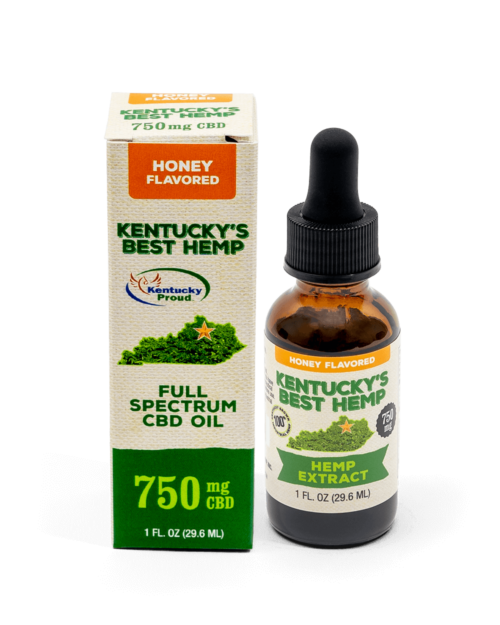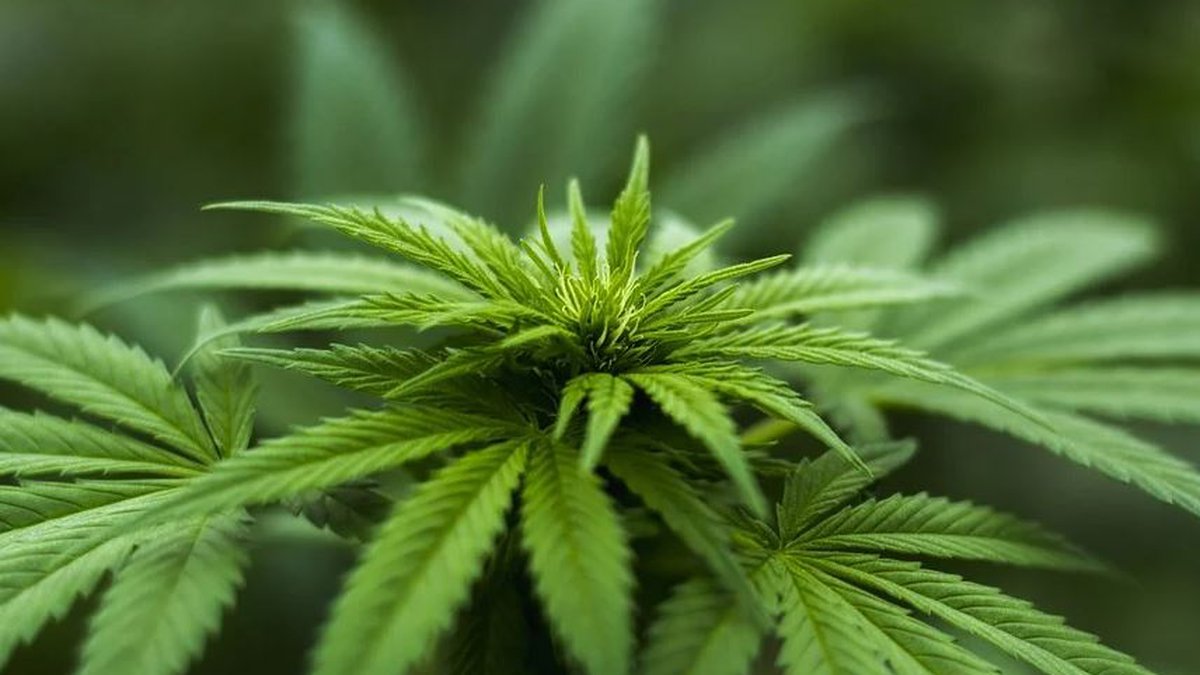
The smoking cessation medication (also known as smoking aids) can help to quit tobacco. They can decrease nicotine cravings, reduce withdrawal symptoms, and make it much easier to quit. They can also help prevent relapse.
Quit smoking medications include nicotine replacement therapy products (gum, patch, inhaler, and spray) that deliver nicotine in the form of an e-cigarette or other device, as well as medicines to block some of the chemicals in tobacco that are harmful to your health. These medicines may be combined with behavioral counseling to help you quit smoking more effectively.
The most commonly used pharmacologic intervention to stop smoking is nicotine replacement therapy. They can dramatically increase your chances of quitting. They come in a variety of strengths. The preferences and needs of the patient should determine which NRT product is best.

Nicotine gum and lozenges are short-acting NRTs. These products come with a variety flavors and can be used for mild cravings that last for only a few minutes. Patients should use at least one piece of gum every one to two hours during treatment, and gradually reduce the amount used over the course of the initial six weeks.
For the longer-acting NRT, a nicotine patch can be worn all day or for part of the day. It delivers 7 mgs of nicotine each day. It is inserted under the skin and replaced once per week.
*Varenicline -- This is the best first-line NRT for moderate-to-severe smokers. It was found to be more effective that bupropion in treating those who smoke more than 25 cigarettes per day and are having difficulty quitting smoking without NRT. Varenicline has also been shown to improve the blood pressure and lung function of smokers suffering from chronic obstructive.
Bupropion -- This NRT treatment is the most popular for moderate-to–severe nicotine cravings. It is good for smokers who smoke more cigarettes than 25 and have not tried any other NRT medications. It can reduce cravings for nicotine and some withdrawal symptoms like tiredness or moodiness, as well as having many positive effects on the brain.

Clonidine - An anti-smoking drug that dates back to the 1800's, Clonidine can be taken twice daily as a tablet or as a patch on the skin that changes every week. It can also be administered in oral form and has been shown to have an anti-smoking effect.
There are many drugs and dietary supplemental that can help you quit smoking. Some can improve your mood or anxiety while others may block harmful chemicals from your body.
It is important to pick the right quit smoking tool for you and have your doctor support you in using it. Joining a stop-smoking group or undergoing in-person, or telephone counseling is one option. It is also a smart idea to sign up online for programs that offer you research advances, tips, and current health topics. You can also get help from experts who can help with your smoking habits.
FAQ
What conditions can CBD treat?
A person's health is the most important aspect of any treatment. A doctor must give a prescription for cannabis oil to be used in medicine. If you don't have a doctor's prescription, it is illegal to use cannabis products.
A prescription is not necessary if cannabis oil is being used as part of a healthy lifestyle. To make sure that the oil is safe, it's a good idea to consult your doctor.
You can make cannabis oils from whole plant extracts, or isolated compounds called Cannabinoids (THC or CBN). They contain many different types of cannabinoids, such as cannabidiol (CBD), tetrahydrocannabinol (THC), and cannabinol (CBN).
These components interact with the receptors in the body to produce pain relief, stress management, anti-inflammatory and antioxidant effects.
Can CBD companies be a good investment?
This question will depend on your goals. They are great investments if you are looking to make money. However, if you are just looking to help others, I would say no. There are many other options available without spending $20k.
What are some of the common mistakes that companies make when entering America's cannabinoid market
The first mistake is not understanding what the regulations are for cannabis products. This could mean that you may have to change your product formulation.
A second error is not properly labeling your product. It is essential to find out if your product contains either THC or CBD.
The third is how to package your product correctly. You must make sure that your product contains THC.
If your product is not containing THC, then it's important to follow all packaging regulations. There are many states that cannabidiol or CBD is legal.
Keep track of any recalls regarding your products. It is crucial to notify customers as soon possible if you have a problem with your product.
Is the CBD market saturated or not?
CBD industry is growing at over 25% per annum. This growth will continue at least five years. In fact, the industry is projected to grow from $2 billion today to $5 billion by 2020.
Canndoc Ltd and GW Pharmaceuticals are the dominant players in the CBD market. Both companies have a focus on creating pharmaceutical-grade products. But they have not been particularly successful. Both are struggling in the marketplace to gain traction.
Cannabidiol (CBD), an extract from cannabis, contains less than 0.3% THC. It doesn't produce any psychoactive effects. It is used to treat epilepsy and other conditions. It can also be used as a dietary supplement.
There are many varieties of CBD products. Some CBD products are made from whole plant extracts while others contain CBD.
These products all have one thing in common: they contain low amounts of THC.
They are therefore legal under US federal law. This doesn't mean you shouldn't follow local laws when selling CBD-related products. Always check your state's laws regarding CBD products.
Some states also make CBD products illegal. These include California, Colorado, Florida, Mississippi, Missouri, New York, North Carolina, Ohio, Oklahoma, Oregon, Pennsylvania, Rhode Island, South Dakota, Texas, Utah, Virginia, Washington, and Wisconsin.
CBD products are not recommended for people who live in these states.
Statistics
- HR −16 mmHg; 95% CI −26, −6; I2 = 92%) (ncbi.nlm.nih.gov)
- OralWhere HED is the human equivalent dose, and Km is a correction factor estimated by dividing the average body mass (BM) of the species (60, 0.020, and 0.150 kg for 11 humans, mice, and rats, respectively) and by its surface area (see: Nair et al. (ncbi.nlm.nih.gov)
- A recent study [161] also found that in vitro CBD treatment (i.e., ≤ 2 h exposure to 10 μM) induced ~40% vasorelaxation in isolated (pre-constricted) (ncbi.nlm.nih.gov)
- CBD seems unlikely to directly influence sleep in healthy humans [115] (and maybe “sleep-promoting” in those with certain comorbid conditions) (ncbi.nlm.nih.gov)
- As a substance that was federally illegal before the passage of the 2018 Farm Bill, hemp-derived cannabinoids with no more than 0.3% THC still face a regulatory grey area. (forbes.com)
External Links
How To
How To Get Certified For Selling CBD Products
CBD (cannabidiol) is one of the hundreds of cannabinoids found in cannabis plants. It has been used medicinally for centuries, even in South American countries like India, China, and China. Due to its ability treat conditions like anxiety and pain, epilepsy, inflammation, and other ailments, it has become increasingly popular. But if you want to start selling CBD products, there's no official certification program available yet -- at least not in the U.S. That means anyone who wants to make money off their own line of CBD products has to rely on the "unofficial" process of self-certification.
You have two options. First, join a local canna-business owner association. This allows you to network with other owners and get advice and support. There are many organizations in the United States. Another option is to go online. Many states allow canna businesses to operate online. You can create your own website and start taking orders immediately if you are allowed to do so. However, you will still need to register at your state's Department of Public Health. After you have registered, you can apply for a license from your state's Department of Public Health. Once you have your license, it is legal to open your shop and accept orders.